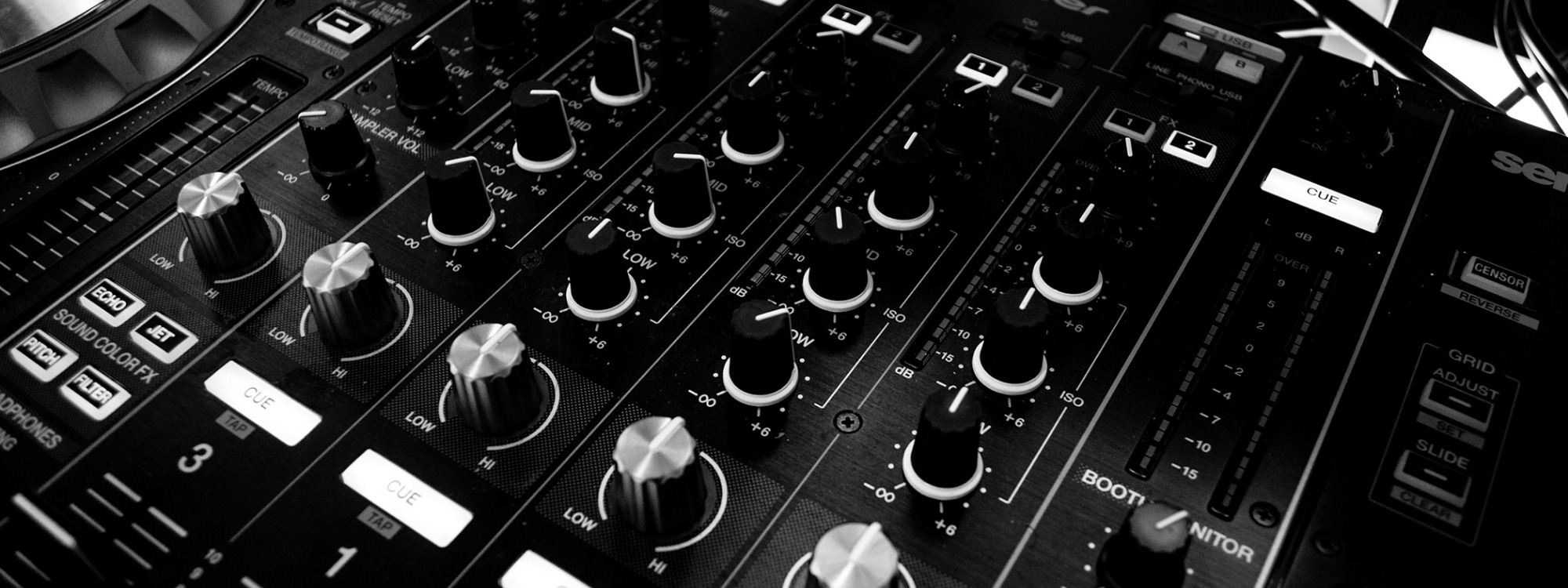
Music Technology
Our curriculum is inclusive, absorbing, relevant, varied and progressive – all of which produce active and confident students.
Music is an incredibly varied subject, encompassing practical, listening and creative skills, self-management, problem-solving, and communicative. The curriculum has been designed to scaffold practical musical skills from Year 7 to Year 13, carefully sequenced, linking all musical activities to the act of making music. We encourage all students to take part in the extra-curricular programmes, such as Choir, Brass Group, Orchestra, Theory Club and more along with instrumental and vocal lessons to develop their instrumental/singing skills and general musicianship. The learning experiences are high quality and authentic, with clear progression routes.
All music should be rooted in an authentic musical activity, including all theory and listening skills; hence, our curriculum is delivered through primarily practical means. Schemes of Learning from Year 7 to Year 13 have been developed to offer numerous opportunities to interweave substantive and disciplinary knowledge from the start of year 7, meaning content is embedded into students’ long-term memory. While the curriculum is incredibly broad and allows for students to explore unfamiliar musical traditions, the topics have been carefully chosen to explore the key concepts aimed at each key stage.
Students build on their previous knowledge and skills through performing, composing and listening. They develop their vocal and/or instrumental fluency, accuracy and expressiveness; and understand musical structures, styles, genres and traditions, identifying the expressive use of musical dimensions. They listen with increasing discrimination and awareness to inform their practice as musicians. They use technologies appropriately and appreciate and understand a wide range of musical contexts and styles.
Minimum Entry Criteria
Desired: 7 in Music GCSE or Grade 4 (or above) practical as a singer or instrumentalist or Grade 4 theory (or above)
Board
Edexcel
Outline of the Course
Students will create a multitrack recording and a technology based composition. The recording will be completed in our studio using Logic Pro X and the composition will allow you to explore the use of synthesis, sampling/audio manipulation and sound structure.
The listening and analysing exam will assess your knowledge of recording and production techniques for both corrective and creative purposes, the principles of sound and audio technology and the development of recording and production technology. The production exam will assess your knowledge and understanding of editing, mixing and production techniques, by applying them to unfamiliar materials provided by the exam board, as well as principles of audio technology. The majority of lessons will be spent composing or mixing on our iMacs or recording in the studio.
Assessment
|
Type of Assessment |
Duration |
Weighting |
|
|
1 |
Recording: You produce a multi-track recording. Recordings must include vocals, acoustic guitar, bass guitar and drums plus other instruments or your choice. |
3-3 ½ minutes |
20% |
|
2 |
Technology-based composition: Using samples provided by Edexcel, you are to produce a piece in a style of your choice. You will learn how to create, edit and manipulate sounds through synthesis and sampling in Logic X. |
3 minutes |
20% |
|
3 |
Listening & analysing: You will sit an exam listening to unstudied commercial recordings. Questions will test your knowledge of recording and production techniques, principles of sound technology and the development of recording and production technologies. |
1 hour 30 minutes |
25% |
|
4 |
Producing & analysing: You will sit an exam which contains practical elements and written questions. Using audio material provided by the exam board you will have to produce a track following given instructions. |
2 hours 15 minutes (plus 10 minutes setting-up time) |
35% |
Bridging Task - Music TechnologySixth Form Programme of Courses




